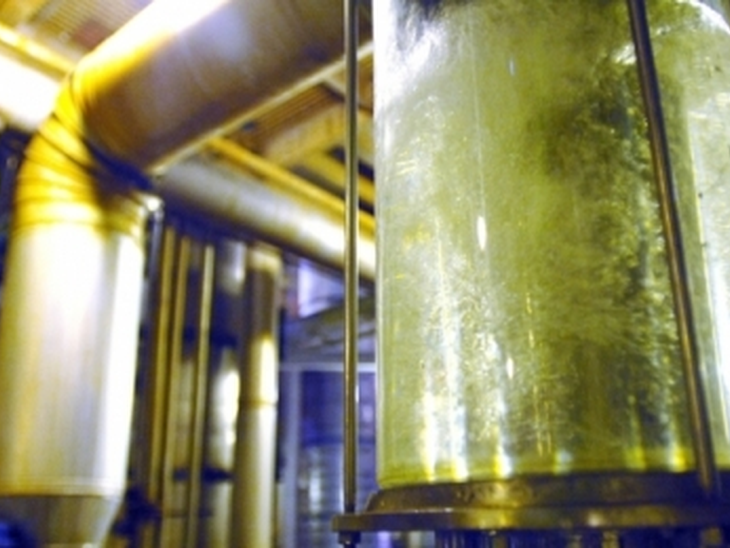
 Renewable Energy
Renewable Energy
Fapesp

Renewable energy sources such as solar, wind and hydroelectric power, and fuel from biomass such as ethanol and other biofuels, represent an opportunity for energy integration among Latin American countries, which could complement each other’s energy mixes although hydropower has the lion’s share at present.
To achieve this integration, however, they will have to surmount barriers to power generation from natural resources in some of the region’s countries, including Argentina.
The assessment was presented by Carina Guzowski, a professor at the Economics Department of Argentina’s National University of the South (US) during a presentation to FAPESP Week Montevideo.
The symposium was organized by the Montevideo Group Association of Universities (AUGM), Uruguay’s University of the Republic (UDELAR) and FAPESP, and took place on November 17-18 at UDELAR’s campus in Montevideo. Its purpose was to strengthen existing collaborations and establish new partnerships among South American scientists in a range of knowledge areas. Researchers and leaders of institutions in Uruguay, Brazil, Argentina, Chile and Paraguay attended the meeting.
“Renewables represent an opportunity for energy integration among Latin American countries because we can take advantage of the complementary nature of our energy systems to import regionally and export power from intermittent sources,” Guzowski said.
“First, however, countries like Argentina will have to eliminate the technological obstacles that prevent them from performing as well as Brazil and Uruguay, for example, in terms of their use of renewables.”
Most Latin American countries are over-reliant on hydropower and fossil fuels, especially gas, according to Guzowski.
Mexico is the leading user of renewables to generate electricity, followed by Brazil and Uruguay, her presentation showed.
Guzowski said Argentina is far from achieving this goal. “Argentina lags well behind the Latin American average in terms of power generation from renewables, and a very long way behind Brazil and Uruguay,” she argued.
Fossil fuels predominate in Argentina’s energy mix, with natural gas accounting for 51%. Argentina does not produce oil which has to be imported and even so accounts for 33%.
Renewables account for under 1% of Argentina’s installed capacity, whereas Brazil and Uruguay, for example, have a far more diversified energy mix, with hydro, wind and biomass all accounting for significant shares.
“Almost 80% of Argentina’s electricity is generated from fossil fuels,” Guzowski said. “This reflects technological and cultural dependency on oil and gas, which must be overcome if we’re to promote energy integration throughout Latin America.”
The advantages of integration based on renewables would include the attraction of investment due to scale economies, and leverage of complementarity in terms of the renewable sources available in the various countries.
Another advantage, Guzowski added, would be attenuation of the problem of intermittency in some countries, including Argentina.
The sharp fall in the cost of generating electric power from renewables represents an opportunity for the countries of the region. By stimulating the use of renewables they can reduce their reliance on imported power, guarantee an uninterrupted power supply, and diversify their energy mix away from hydro, which is vulnerable to climate change and related phenomena.
“Having intermittent energy sources that complement hydro and thermal generation is a very important option for Latin American countries,” Guzowski said.
Contact us